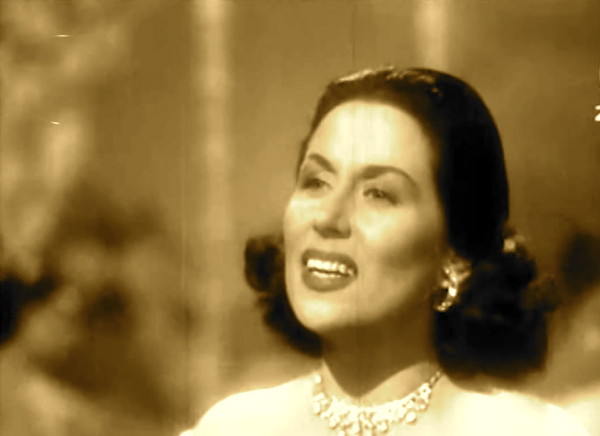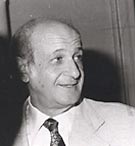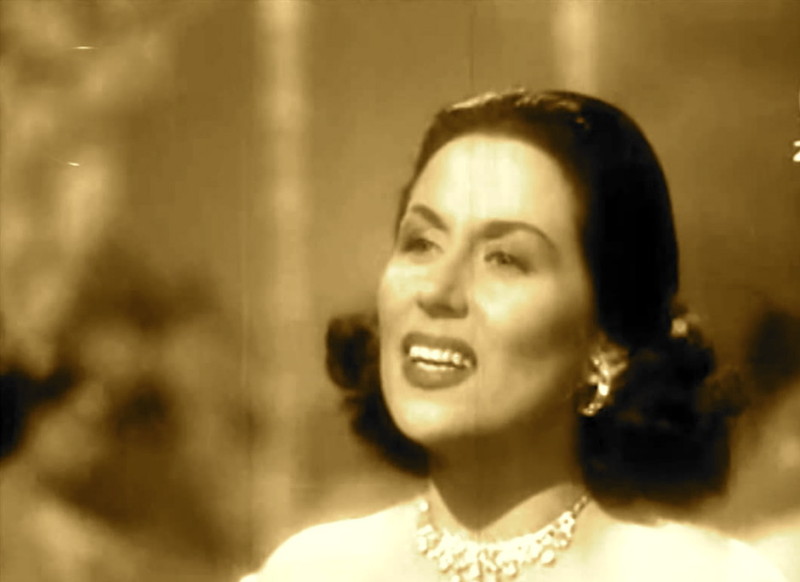On my last visit to Egypt 14 years ago, I could sense that the Jewish community was already a relic of history. Doomed by the Arab-Israeli conflict, in which Egypt was deeply enmeshed by virtue of its pan-Arab foreign policy and its four wars with Israel, Egyptian Jews became the scapegoats of regional politics.
The Jews of Egypt were victimized by the clash pitting Jews against Palestinian Arabs in Palestine. This struggle inflamed tensions throughout the Arab world and imperilled Jewish communities in the Middle East from Libya to Iraq. These tensions bubbled to the surface in Egypt, particularly during the 1948, 1956 and 1967 wars, which resulted in the mass exodus of Egypt’s 65,000 Jews.
In 1999, when I visited Egypt for the third time since 1975, the community had already been depleted. Only a few hundred Jews remained. Today, with less than 100 known Jews, the community is a pale shadow of its former self.

The saga of modern Egyptian Jewry unfolds in Jews of Egypt, a made-in-Egypt documentary film by Amir Ramses, a Christian who was born in 1979, the year Egypt and Israel signed a historic peace treaty. Produced by Haitham El-Khameesi, Jews of Egypt was released in 2012 and has made the rounds of movie festivals around the world. Egyptian security agencies stopped a screening of the film in Cairo, citing no reason, but later, just as mysteriously, reversed their decision.
The overarching question that permeates this thoughtful film is why Egyptian Jews went from being “partners” to “enemies,” to use Ramses’ words.
Before the birth of Israel, Jews were an integral component of Egypt’s ethnically and religiously diverse society. “We had very good relations with Jews,” says an elderly Muslim man. “They faced no problems. We were all alike, like one big family.”
This is probably an exaggeration, but it is true that Jews lived comfortably in Egypt and played an important role in its development, at least until the inflammatory politics of the Arab-Israeli dispute intervened. Josef Ciccurel was the founder of the Misr Bank and the proprietor of a department store chain. Laila Mourad was a renowned singer and actress. Togo Mizrachi was a movie producer. Leon Castro was an advisor to a prime minister. And the list goes on.
Jews of Egypt, which is in French with English and Arabic subtitles, starts as ordinary Egyptians on the street are asked to express their opinions of Jews. Their comments are varied, ranging from viscerally negative to faintly positive.
In the main, however, the film canvasses the views of Jews who once resided or still live in Egypt. On the whole, the expatriates, who have fond memories of Egypt and Egyptians, settled in European countries such as France rather than in Israel. “I belonged to Egypt,” says an elderly woman. “We celebrated each other’s holidays,” recalls a man.

Until 1935, historian Mohammed Abul-Ghar observes, Egypt had no “problem” with Jews. He cites 1935 because it was the year when, as he claims, Jewish militias in Palestine began attacking Palestinian Arabs.

Alain Gresh, the editor of Le Monde Diplomatique, argues that Egyptian society turned inward and xenophobic after the 1952 revolution, when Abdel Gamal Nasser took charge. Gresh, who was born in Egypt in 1948, should know. His biological Jewish father, Henri Curiel, who had an affair with his mother, was an Egyptian nationalist, yet he was expelled from Egypt in 1950, probably because of his communist affiliations
Abul-Ghar claims that Jews were not thrown out of Egypt, but the truth is more complicated. While some Jews left voluntarily, their loyalty to Egypt impugned, still other Jews were pressured to emigrate and relinquish their Egyptian nationality against their will.
Anti-Zionist riots, fomented by the Muslim Brotherhood, had already erupted in Egypt in 1945 and 1947, and these events cast a dark pall on the Jewish community, some of whose members enjoyed a high standard of living.
In addition to being pushed out of the country, Jews lost their jobs and, worse still, were imprisoned on charges of being Israeli spies. Israel was complicit in the paranoia that pervaded the upper levels of the Egyptian government during this period. In the mid-1950s, an Israeli spy ring, composed almost exclusively of Egyptian Jews, was broken up, giving rise to further suspicion that Jews were disloyal to the state.
Nasser drew a distinction between Jews and Zionists, Ramses states, but his assertion rings hollow. Even Jews who had no connection with the Zionist movement were arrested in the wake of the Sinai War and the Six Day War (which, oddly enough, goes unmentioned in this film).
“The insults started in 1956,” says a Jew.
“Being a Jew could sometimes be an accusation,” says Albert Arri, an anti-Zionist Egyptian Jew who never left Egypt, was a member of its Communist party and converted to Islam before his marriage to a Muslim woman.
Ramses dwells inordinately long on non-Jewish Jews like Arri, who was definitely not representative of Egyptian Jewry and who also languished in a prison cell. Apart from Arri and Curiel, he draws pen portraits of two other Jewish opponents of Zionism.

Yusef Darwish, a Karaite Jew, was a labor lawyer who converted to Islam in 1947 and converted back to Judaism after leaving Egypt. Shehata Haroun, a founder of the Communist party and the left-wing Tagammu party, denounced the 1978 Camp David accords and Egypt’s peace treaty with Israel.
Despite Ramses’ preoccupation with Jews like Arri, Haroun and Darwish, who represented a minuscule proportion of Egyptian Jewry, Jews of Egypt is an intensely interesting film, firstly because such films are so rare, and secondly, because it was made by an Egyptian.
